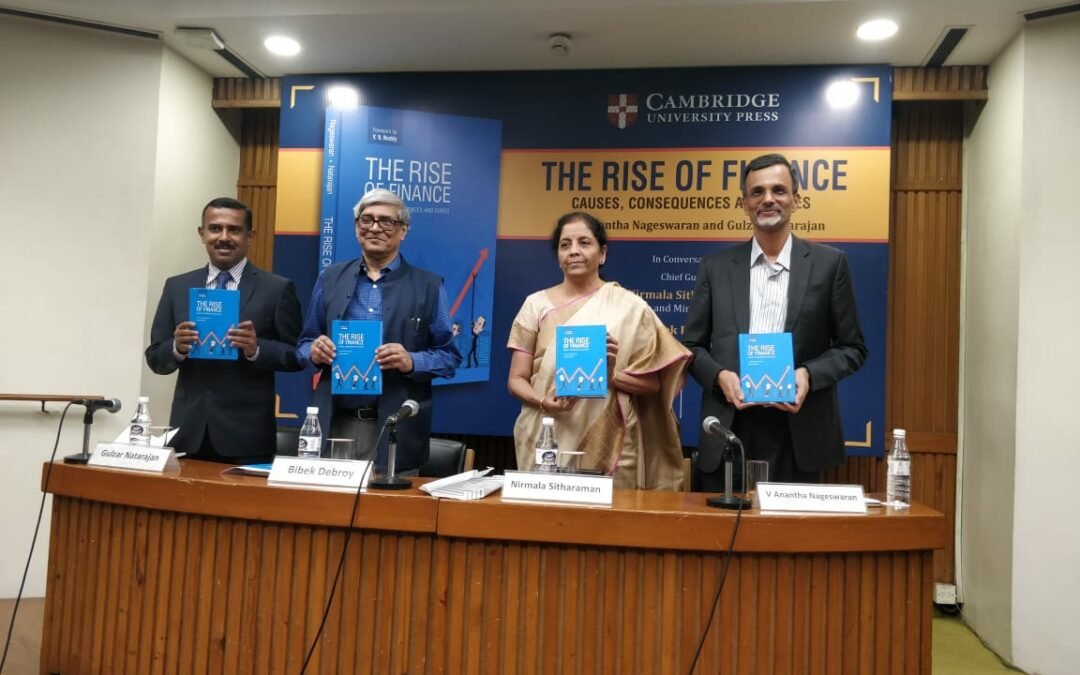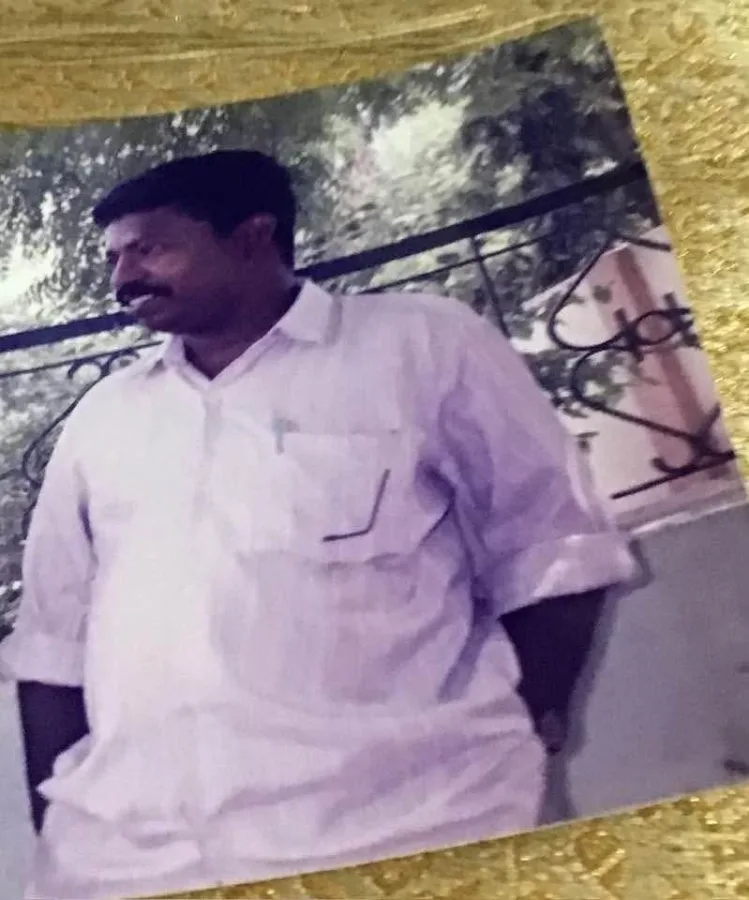Read in : தமிழ்
As the economy recovers from the shackles of the COVID-19 pandemic, the upcoming Union Budget will be looked to as a sign of hope for the year ahead. Along with the Union Budget 2022-2023, the Economic Survey 2021-22 gives the country a chance to improve its economic indices based on the assessment of the previous year through critical data analysis and in-depth research on public policies. In this background, the recent appointment of Dr Venkatraman Anantha Nageswaran as the next Chief Economic Adviser by the Union Finance Ministry is significant.
The post had been lying vacant for a month and a half since Dr KV Subramanian demitted office after his three-year term ended December 17, 2021.
Anantha Nageswaran is a native of Madurai in Tamil Nadu and is rooted in Indian culture despite having a career that took him across the world over many decades. He is a graduate of commerce from American College, Madurai, who then completed an MBA from the Indian Institute of Management, Ahmedabad in 1985. He has a doctorate from the University of Massachusetts, Amherst, USA. His PhD thesis was on the empirical behavior of exchange rates (1994).
Inspired by C Rajagopalachari, B R Ambedkar and B R Shenoy, Anantha Nageswaran subscribes neither to the idea of excessive state control nor unfettered free market systems. He is known to be a pragmatic economist who believes in integrating public policies with Indic ideology.
Until recently, he was a part-time Member of the Prime Minister’s Economic Advisory Council from 2019 to 2021. Prior to that, he was the Dean of the IFMR Graduate School of Business, Chennai, and a visiting professor of economics at Krea University, Chennai. He taught financial economics at several business schools and institutes of management in India and Singapore. He is a member of the Board of Directors in several companies in India, including TVS Logistics and Aparajitha Corporate Services (P) Limited. He co-founded Aavishkaar Venture Capital, an investor venture in Social Enterprises. He is a co-founder of the Takshashila Institution, a centre for research and education in public policy.
The new CEA brings several competencies to the highest level of policymaking in the country, especially at a time when the economy has been fractured by the pandemic, and attempts are being made to stabilise the financial systems with long-lasting governance structures. He comes with optimism about India and its economic fundamentals.
Anantha Nageswaran has extensively written about what has been plaguing the Indian economy for years, from the perspective of planning of public policies as well as taking regional economies into consideration. According to Anantha Nageswaran, “The state capability constraint is serious, pervasive, and endemic even as the role of the state remains indispensable to achieving economic prosperity and social stability.”
Inspired by C Rajagopalachari, B R Ambedkar and B R Shenoy, Anantha Nageswaran subscribes neither to the idea of excessive state control nor unfettered free market systems. He is known to be a pragmatic economist who believes in integrating public policies with Indic ideology.
In 2019, Anantha Nageswaran co-authored a research paper with Gulzar Natarajan titled ‘India’s Quest for Jobs: A Policy Agenda’, published by the Carnegie Endowment for International Peace. “The implementation of any reform is likely to remain suboptimal without a paradigm shift in the way the Indian state views and engages with the private sector,” the paper said. “Instead of taking an adversarial and regulatory-oriented approach, it needs to highlight partnership and facilitation. The anti-big bias reflected in the government and public policy is a problem that has yet to be tackled effectively”.
In an article in The Indian Express in November 2020, Anantha Nageswaran wrote: “Demonetization led to formalization of the economy, acted as a catalyst for digitization of financial transactions, stirred a debate about entrenched informality in the economy, and led to re-classification of MSME enterprises and the decriminalization of violations of many penal provisions of the Companies Act.”
When many were critiquing the present central government policies, Anantha Nageswaran wrote with optimism in The Indian Express that, “Demonetization led to formalization of the economy, acted as a catalyst for digitization of financial transactions, stirred a debate about entrenched informality in the economy, and led to re-classification of MSME enterprises and the decriminalization of violations of many penal provisions of the Companies Act.”
In 2016, he had co-authored a research paper titled “Can India Grow: Challenges, Opportunities, and the Way Forward”. In it, he wrote that “The Indian government should pursue reforms in the areas of higher and lower education; urban governance; housing, land, credit, and labor markets; and infrastructure contracting. It should also seek to shrink the informal economy and expand the tax base, while also improving state capacity and personnel management.”
Further, he also stressed the importance of governance at the ground level focusing on district-level delivery mechanisms. This is something most economists ignore. In his analysis, Anantha Nageswaran said, “The district-level bureaucracy, administered by district collectors, has remained virtually the same, both in structure and in personnel deployment, since independence. During the same period, there has been a dramatic expansion in the government’s responsibilities, including development and welfare interventions, as well as in the government’s market regulation mandate…. Without fundamental reforms to strengthen district governments, to include deploying additional personnel, such measures are likely to remain just palliatives.”
He believes that the government’s capacity to deliver services through institutional mechanisms is a key driver for economic health. Accordingly, Anantha Nageswaran as Chief Economic Adviser is expected to bring transformative reform measures and institutional delivery systems at national, regional, and district levels.
( The author is an economist and public policy expert )
Read in : தமிழ்











